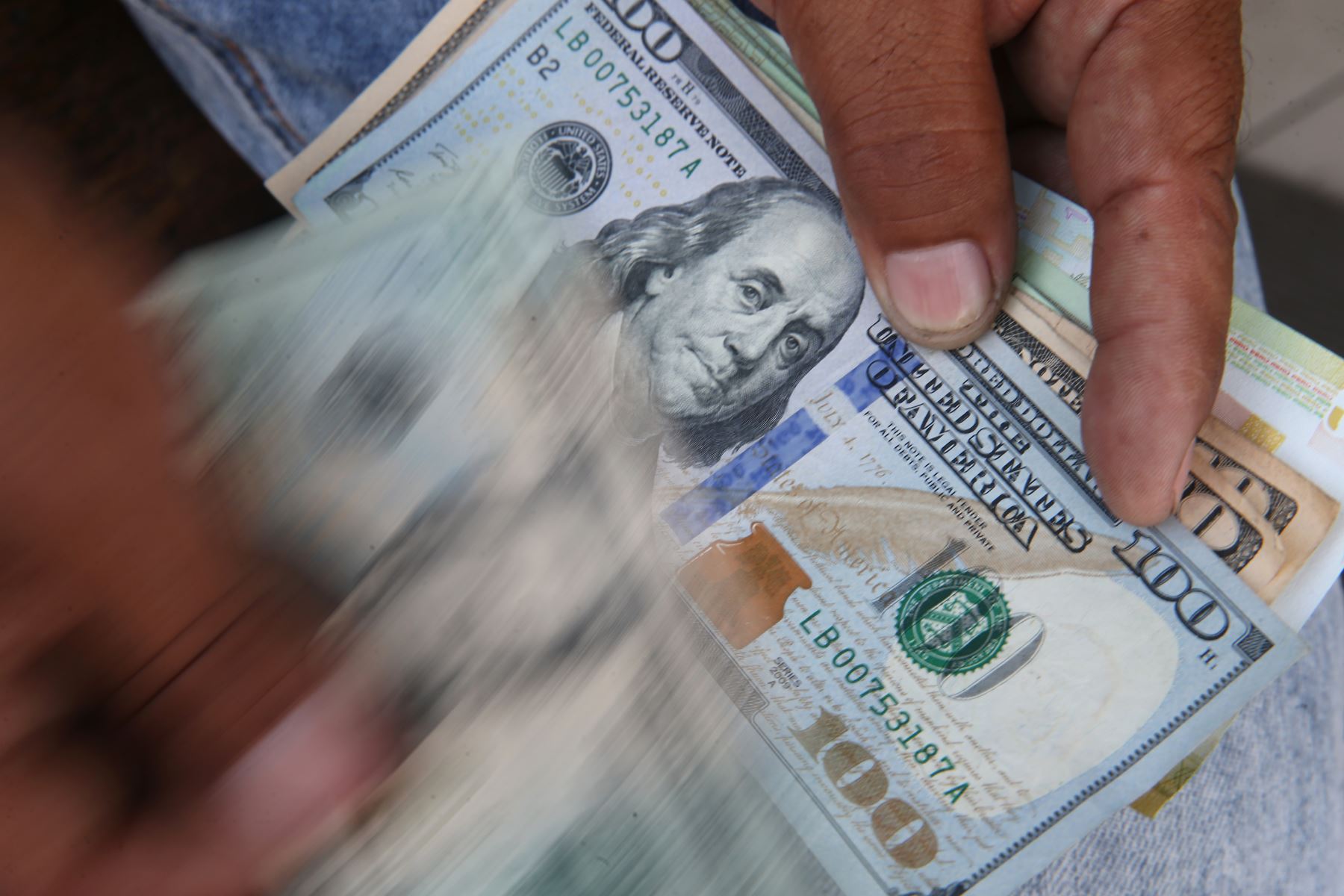
By Maria Chaplia
It is hard to imagine our lives without Netflix, Amazon Prime Video, HBO, and other streaming services at a time when everything from shopping to healthcare has become digitalized and is a click away. We often take these advancements for granted without realizing that one flawed regulation could destroy the system in the blink of an eye. This is the case in Brazil where one piece of legislation stands in the way of a converged digital market, thereby making the risk of streaming services disappearing from screens all the more real.
This is Act 12485/2011, Article 5 (Conditioned Access Audiovisual Communication Services Act) of the so called Seac Law, passed back in 2011 by the Workers’s Party of Brazil making it illegal for a single company to control the pay-TV supply chain. Initially, the law was intended to regulate domestically produced audiovisual content.
According to the law, pay-TV providers cannot control more than 50% of channel programmers and content producers in Brazil. Although intended to protect competition, the regulation has turned out to be a roadblock to Brazil’s digital future.
The article’s drawbacks became particularly explicit in 2017, when a group of Brazilian internet, TV and radio providers filed a lawsuit against AT&T’s acquisition of Warner Media in 2016. Warner Media is responsible for several pay-TV channels, including Warner Channel, HBO, TNT, Cartoon Network, CNN, and TBS, among others. Needless to say that the availability of all these channels has boosted consumer choice in Brazil by providing an option to suit every taste. More is always better, especially when it comes to entertainment, right?
The merger was approved by the antitrust and media agencies in the United States and the European Union. In Brazil, however, the case is still unresolved. The possibility of waking up cut off from the global entertainment industry has been hanging over millions of Brazilians consumers for months now.
Vertical integration usually comes under fire due its competition-threatening nature, but as we have moved into the era of the platform economy, the nature of competition has changed too. For instance, both Google and Amazon are vertically integrated. This has nothing to do with the competition between Google and hardware devices that accept voice input such as Amazon Echo: they compete in different markets. Vertical integration simply reduces transaction costs between different parts of supply chains thus allowing companies to deliver their services faster and better. It doesn’t undermine the competition, but does improve consumers’ access to services.
A failure to revoke Article 5 now would have damaging implications for the future of digitalization in Brazil and will make the country significantly less attractive to foreign investments from the US and the EU. The arrival of 5G in the next few years will lead to more vertical integration between different sectors. The popularity of Over The Top streaming media services (Apple TV+, Google Play Movies & TV, Hulu, iTunes, Netflix etc.), is growing in Brazil while the market for PayTV has been quite flat in recent years. Regulations shouldn’t come in the way of these changes on the digital market, they should embrace them and plenty of exciting options that follow.
Moreover, the harmful effects of current legislation have already begun to be felt
by consumers and the Brazilian industry. Less than a month ago Warner Media announced the purchase of 100% of HBO in Latin America, but excluded Brazil from the negotiations. According to the group’s own president, Gerhard Zeiler: “Currently, direct investment in Brazil is not attractive to us because of existing regulatory uncertainty.”
Changing times require new solutions. Unfortunately, well-intended laws and regulations in Brazil are failing to keep up with digitalization and the market changes it brings. Revoking Article 5 would allow Brazil, a country where 200 million consumers use mobile services alone, to create a modern digital ecosystem. Fans of Friends and Game of Thrones will be forever grateful.
Maria Chaplia is European Affairs Associate at the Consumer Choice Center.
 Versión Español
Versión Español













